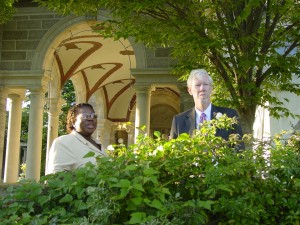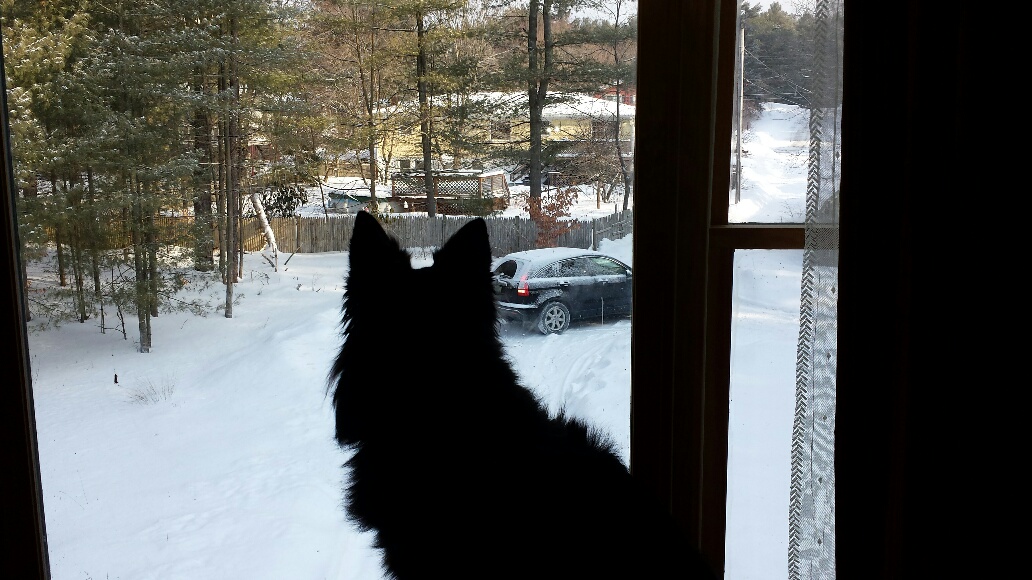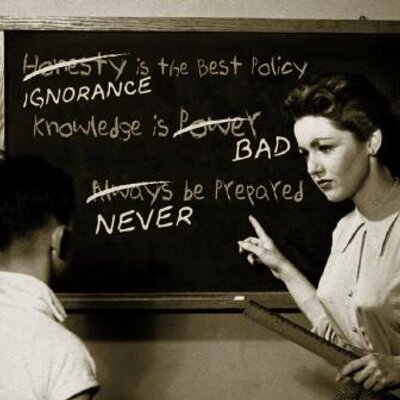Welcome to the Wakefield Doctrine (the theory of clarks, scotts and rogers)
So, in the Comments below, share with us your familiarity with this blog.
Go ahead, it’s a reprint day, so we have, if not plenty of, a sufficient amount of time. If it gets too late, I already gots a post (below). It will serve as content for today. (the reprint in the title?)
A confession: I always feel a little bit guilty about these reprint posts. Being a clark, surely the da Vinci of guilt, I don’t merely endure that third-day-of-a-sunburn discomfit, I embrace it. Surely there is something hidden in the non-rational conviction that there are unknown people in the Readerverse who, seeing that I’ve done more than one of these reprint posts, will …disapprove.
As any clark would tell you, ‘The one thing we do better than scotts and rogers is negotiate the terms of our ransom to unknown agencies’. What we don’t tell ourselves, as we acknowledge that this, this, last time we negotiate with secret terrorist, is that there is no one on the other side of the table, not a single person chasing us, the little room behind the carved-wood sliding door is, in fact, empty.
We remind ourselfs, like any good abused-spouse, not only have we invested too much in this relationship, there are others to consider. And, while we hate to admit to being wrong, we have the well-being of others to consider. So we will keep on keeping on.
… but, there is one, (among a world full of things and beliefs, arguments and convictions), thing that is different: there are other clarks in the world. other clarks we recognize and feel bad for. other clarks we observe learning to be less hard on themselves and we feel a hope. Not one dependent on the stories and tales of people who are presented as models and ideals. We feel hope because we see other clarks and we identify with the least of them and the greatest of them, and, in doing so, we belong.
(from Anno Domino 2014)
Welcome to the Wakefield Doctrine (the theory of clarks, scotts and rogers)
Lets try a little experiment this morning. Two things first:
- It’s been established (or, at very least, admitted to) here that, once I’ve engaged in the normal everyday demands of work and family and such, the supply of post-worthy words dries up faster than a 67 year old’s honeymoon
- the Wakefield Doctrine is about learning about myself (as much as it is about seeing into the thoughts of you and the other people in my world1)
So here’s what we’ll do: I’ll write a couple of hundred words about the value and use of the Wakefield Doctrine on a typical Monday morning. I’ll stop writing, take a quick shower, get dressed and start my work day2. After an hour or so of work, I’ll come back here and ‘re-write’ this post. Let’s see if this ‘oh-my-god-can’t-you-see-how-incredibly-useful-and-fun’ theory of personality accounts for any change in my day.3
(Here we go)
the Wakefield Doctrine is a perspective on the nature of the world (and the people and things and events that make it up). Properly applied, the Wakefield Doctrine allows me to know more about ‘the other person’, than I have any right to know. With the Wakefield Doctrine, I am way, way less likely to find myself saying, “Now why in the world would they say/do such a thing?! I really thought I knew them better than that!”
As to how I go about ‘knowing more about you than you know about yourself’? All I need do is observe and (correctly) infer how you are relating yourself to the world around you. Are you acting like an Outsider? Do you sound like you are experiencing the situation as would a Predator or are you simply comfortable with the situation, as comfortable as a Member of the Herd? Once I know that (about) you, I can anticipate not only how you will react to a situation or interaction, I can get a glimpse of the world as you are experiencing it. This last is the most challenging aspect of the Wakefield Doctrine. Knowing that the other person (may) be perceiving the world differently than I am, even though we are both in the same room, hell! there’s no one here in the break room except you and me and all we’re doing is talking about the job we both have (the same job) and yet….somehow, you are reacting to it in a way that is totally at odds with the way that I would! that is the power of the Wakefield Doctrine…oh yeah, the other part? If I want to… I can see parts of myself in a new light. This is not always such fun, but I can if I choose. The thing that this Wakefield Doctrine says to us is, ‘hey, you’re experiencing the world as (a clark or a scott or a roger)…. you have the right and the capability to see the world, experience the world as do ‘the other two personality types’…so don’t worry about:
- not understanding (hey clark!! 2/3s of life is not about understanding or knowing or figuring out shit! but don’t let your brain trick you… you got this!)
- not being ready (scott! yo… sure you’re always quick ….you’re even as smart as all them, don’t give it a second thought, what they seem to think they know that you don’t know? doesn’t matter…’cause you do!
- nope, they’re not talking about you, roger… and even if there are moments when you think you can’t continue your efforts, that everyone has turned away, it’s not true. don’t give it a second thought
…alright. that’s what I have while I am still in ‘simple clark‘ mode.
stop back later this morning and lets see how it looks after I’ve had to engage in the ‘real’ world for a couple of fun-filled hours!
1) ok, it’s still about that, but I’m trying to establish my premise, so cut me some slack, ok?
2) meaning, I’ll check my email, do a couple of things, go to the office, check a couple of things and then come back to this Post…oh, probably around 9:55 am
3) no, I do believe you are that trusting! lol…. as a matter of fact, no I don’t think of what I’m writing as the product of a writer, telling whatever story I choose… I actually think of this as a record of my experiences, somehow converted to public display mode
*










